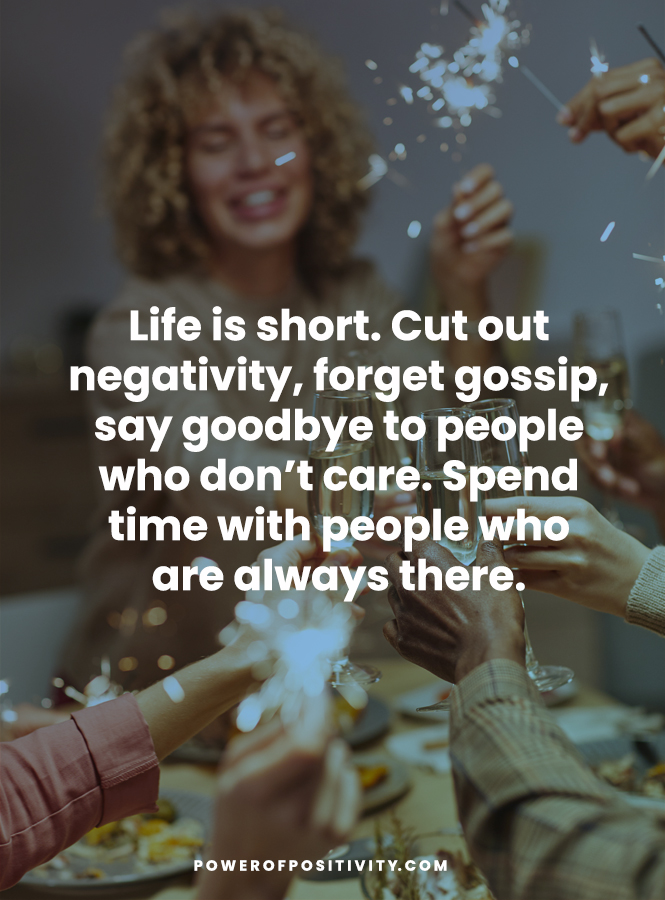Have you ever wondered what truly makes a healthy relationship last? At its core, it’s not about grand gestures or perfect harmony—it’s about creating a space where you can feel supported, understood, and free to be yourself. In a world where so many relationships are built on fear or insecurity, the strongest ones thrive on trust and mutual respect.
A healthy relationship isn’t about hiding your feelings or pretending to be someone you’re not. It’s about knowing that your partner accepts you for who you are, quirks and all. When you feel secure, you can express yourself openly, pursue your goals, and embrace change without hesitation.
Trust is the foundation that makes all of this possible. It’s what allows both people to grow individually while staying connected as a couple. When trust is there, you no longer have to fear sharing your thoughts, setting boundaries, or asking for what you need. Instead, you’re free to live authentically.
If you’ve ever held back in a relationship out of fear, it doesn’t have to be that way. A healthy relationship should empower you—not limit you. Keep reading to discover the five things you should never fear doing when love is built on trust and support.
Here Are 5 Things You Should Never Fear Doing in a Healthy Relationship
If your relationship is built on trust and respect, these are the things you should feel confident doing without hesitation.
1. Expressing Your True Feelings
Do you ever hold back how you’re really feeling because you’re afraid it might upset your partner? In a healthy relationship, sharing your emotions—whether they’re about joy, frustration, or even sadness—is not just okay, it’s essential.
Feelings like anger or fear are natural, but when you suppress them, they can build up over time and lead to misunderstandings. By expressing your emotions openly, you allow your partner to truly understand you. It might feel uncomfortable at first, but saying what’s on your mind helps both of you stay connected and avoid unnecessary conflict.
For example, if you’ve been feeling unappreciated after a busy week, it’s better to say, “I feel like my efforts haven’t been noticed lately, and I’d love to feel more appreciated,” instead of bottling it up or acting distant. This kind of clear communication not only prevents resentment but also strengthens the emotional bond you share.
Avoid passive statements like “It’s fine” when it clearly isn’t. Your partner isn’t a mind reader, and by sharing your thoughts, you make it easier for them to meet your needs. Expressing yourself doesn’t mean you’re being dramatic or needy; it shows you trust your partner enough to be vulnerable.
Being honest about your emotions builds intimacy because it allows your partner to support you in ways that matter. When you speak up, you create a foundation of understanding and trust—a hallmark of a healthy relationship.
2. Setting Boundaries That Matter to You
Have you ever felt guilty about saying no or asking for personal space? Many people worry that setting boundaries will make them seem selfish, but in reality, boundaries are an important part of a healthy relationship. They show that you respect yourself and value your partner enough to communicate your needs clearly.
Boundaries aren’t about keeping your partner out; they’re about creating a safe and respectful environment for both of you. For example, you might set a boundary around needing quiet time to recharge after a long day. Communicating this could sound like, “I love spending time with you, but I need an hour to myself when I get home to unwind.” This helps prevent misunderstandings and keeps both of you feeling respected.
Another example could be setting boundaries around phone usage. If constant notifications are interrupting your time together, it’s okay to say, “Can we agree to put our phones away during dinner?” Small boundaries like these can make a big difference in the quality of your time together.
It’s easy to fear that your partner might take offense, but in a healthy relationship, boundaries are seen as tools for growth, not barriers. When you communicate them calmly and clearly, your partner will likely appreciate your honesty and feel encouraged to share their own boundaries too.
Boundaries also prevent resentment. If you keep ignoring your own needs to avoid conflict, it can lead to frustration or even burnout. By addressing what matters to you, you create a relationship where both partners feel understood and valued.
Ultimately, boundaries aren’t about keeping distance—they’re about building trust. When you share your limits, you show your partner how to care for you better, and that only strengthens your connection. A healthy relationship thrives when both people feel free to be themselves, and setting boundaries is a key part of that freedom.
3. Standing Up for What You Believe In
Have you ever stayed silent about something important to you because you were afraid of how your partner might react? In a healthy relationship, you should never feel like you have to compromise your values, passions, or beliefs to keep the peace. Staying true to yourself is just as important as being supportive of your partner.
Fear of judgment or rejection can make people hesitate to speak up. You might worry that your opinion will cause conflict or that your partner won’t understand. But when you suppress your thoughts and feelings, it can lead to frustration or even resentment. Voicing your beliefs is not about being confrontational—it’s about being authentic.
For example, if you’re passionate about volunteering on weekends or supporting a cause that matters to you, it’s okay to communicate that to your partner, even if it means spending some time apart. Similarly, if you have strong feelings about an important topic, sharing your perspective helps your partner see the real you.
A healthy relationship thrives on mutual respect and understanding. A supportive partner will appreciate your honesty, even if they don’t always agree with you. Disagreements don’t have to drive you apart; they can actually strengthen your bond when approached with respect and open-mindedness.
Standing up for what you believe in also sets the tone for mutual growth. It shows your partner that you value your individuality, and it encourages them to do the same. A healthy relationship isn’t about blending into one another; it’s about complementing each other while staying true to who you are.

4. Spending Time on Your Own
Do you feel guilty for wanting some alone time? Many people believe that happy couples should do everything together, but that’s simply not true. In a healthy relationship, having time for yourself is just as important as spending quality time with your partner.
Being in a relationship doesn’t mean losing your independence. Taking time for yourself allows you to recharge, reflect, and pursue your own interests. Whether it’s reading, going for a walk, or working on a personal project, solo activities give you the space to focus on what makes you happy.
For example, if you enjoy painting but your partner isn’t into art, that’s perfectly fine. Spend a few hours each week exploring your creativity. Similarly, if you love working out but your partner prefers a different hobby, you can both enjoy your passions individually and come back feeling refreshed.
Research even shows that time apart can strengthen relationships. When you return to your partner after some time alone, you bring fresh energy and stories to share. It keeps the relationship exciting and prevents it from feeling stagnant.
Independence doesn’t mean you’re less connected—it actually makes your connection stronger. It’s about finding a balance where both partners feel fulfilled as individuals while supporting each other’s growth. A healthy relationship encourages you to embrace your independence because it adds richness and depth to your bond.
5. Embracing Change and Growth
Change can be scary, but it’s also a natural and necessary part of life—and relationships. In a healthy relationship, you should never fear growth, whether it’s improving yourself or navigating changes together as a couple.
Life is full of transitions, from career changes to personal development. Maybe you’ve decided to go back to school, start a new job, or work on your mental health. These shifts are important for your happiness and well-being, and a supportive partner will cheer you on every step of the way.
For instance, if you’re trying to adopt healthier habits, like exercising regularly or eating better, it’s normal to worry about how your partner will react. A healthy relationship creates space for these changes, with your partner encouraging you rather than feeling threatened by your growth.
It’s also important to embrace the ways your relationship evolves over time. The dynamic you had at the beginning might look different a few years down the road, and that’s okay. Growing together means adjusting to new circumstances, learning from each other, and finding ways to adapt without losing your connection.
Change isn’t always easy, but it can bring you closer if you face it as a team. Whether it’s tackling a big decision or supporting each other’s personal goals, embracing growth together helps you build a stronger, more resilient bond. In a healthy relationship, change is not something to fear—it’s something to welcome as part of your journey together.
Final Thoughts on Building a Relationship Where Fear Doesn’t Belong
A healthy relationship isn’t built on fear—it thrives on trust, respect, and understanding. When you feel free to express your feelings, set boundaries, stand up for your beliefs, take time for yourself, and embrace change, you’re building a connection that’s rooted in authenticity and love.
Letting go of fear isn’t always easy, but it’s worth it. Trust that your partner values who you are, even during disagreements or tough moments. Relationships are strongest when both people feel safe to grow as individuals while supporting each other along the way.
Remember, a healthy relationship is not about being perfect; it’s about being real. When you replace fear with confidence and mutual respect, you create a space where love can truly flourish.
At the end of the day, relationships built on these principles lead to lasting happiness. So, take a deep breath, trust the connection you’re building, and embrace the journey ahead. Love rooted in respect and understanding is a love that lasts.














